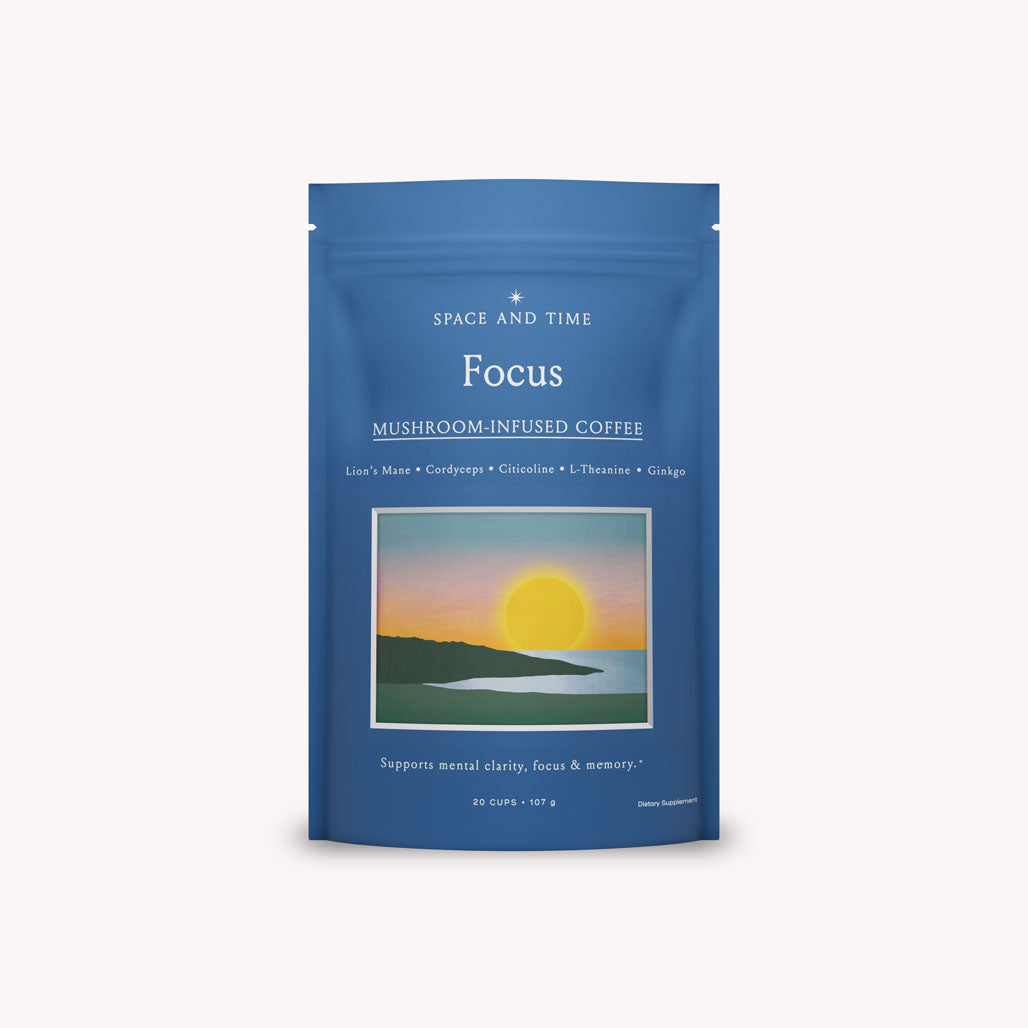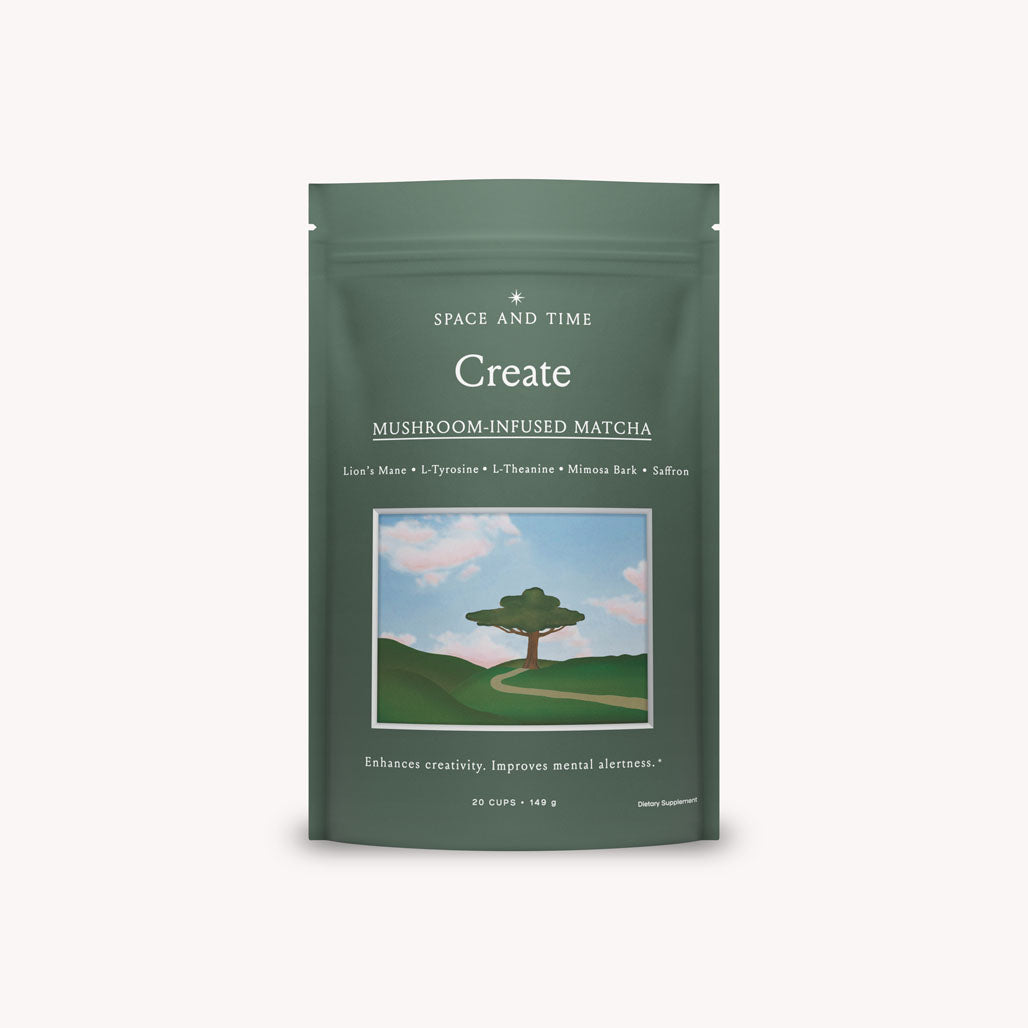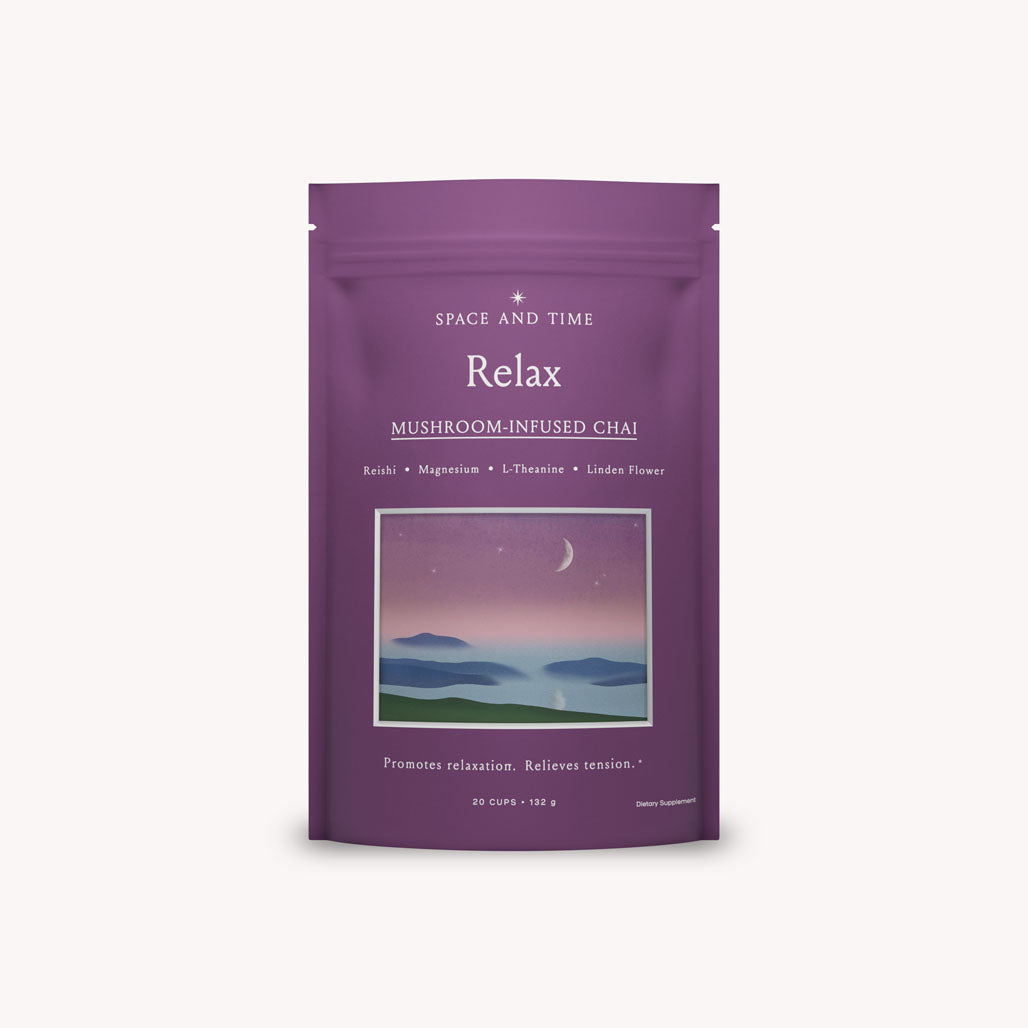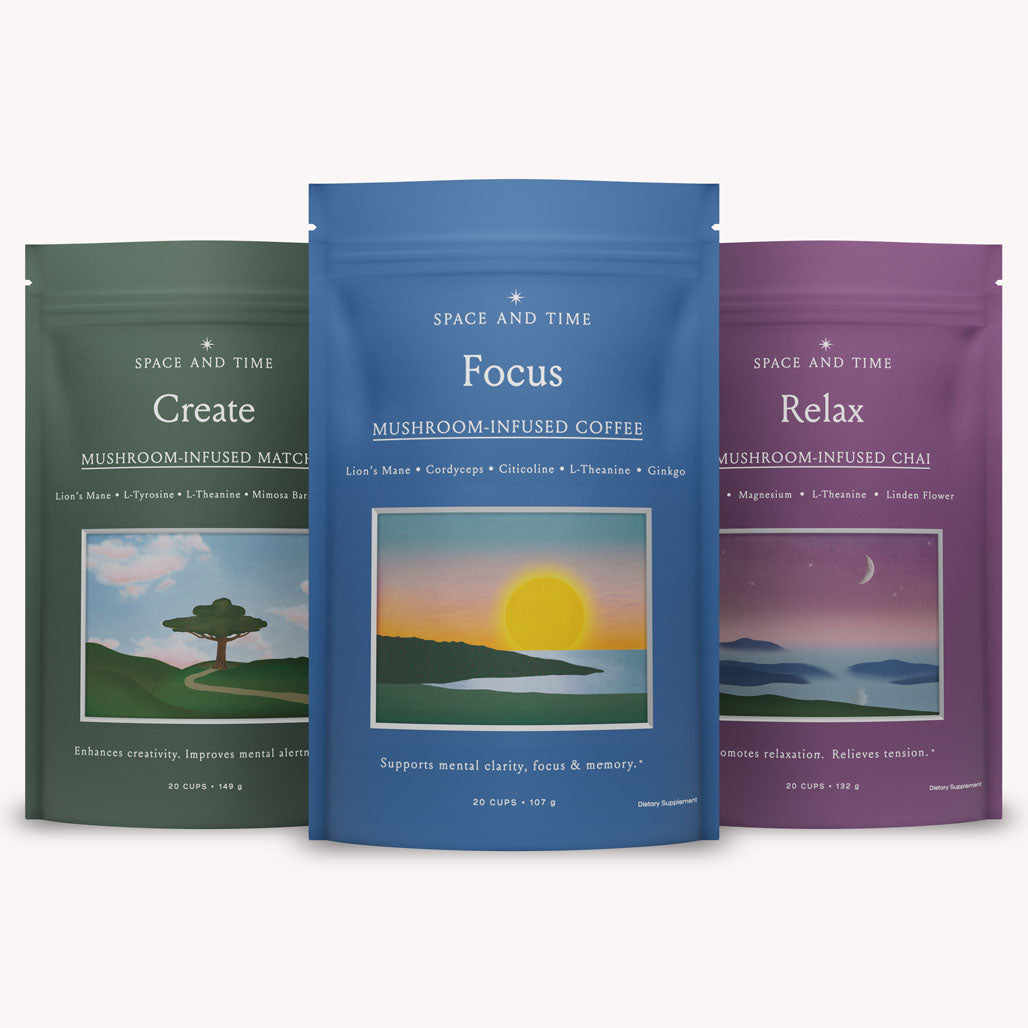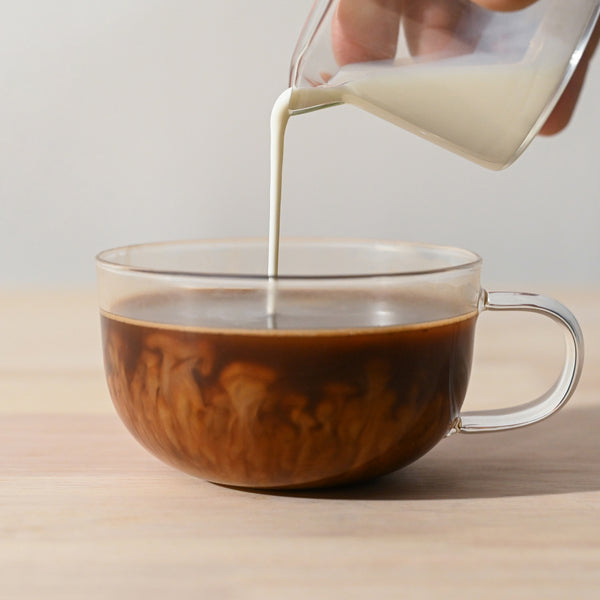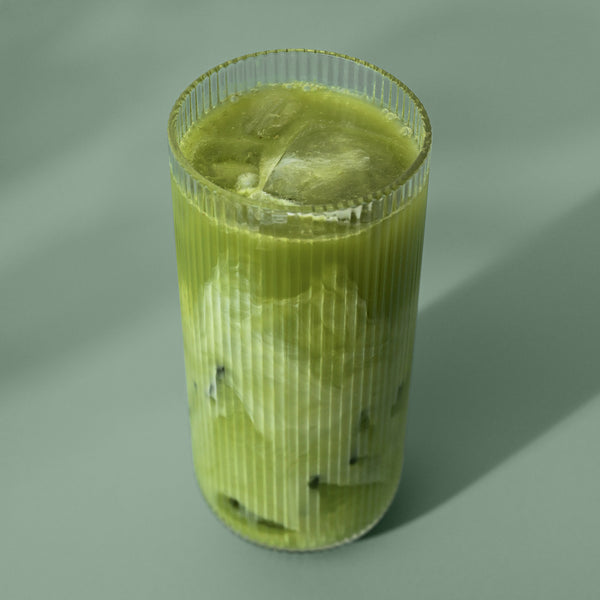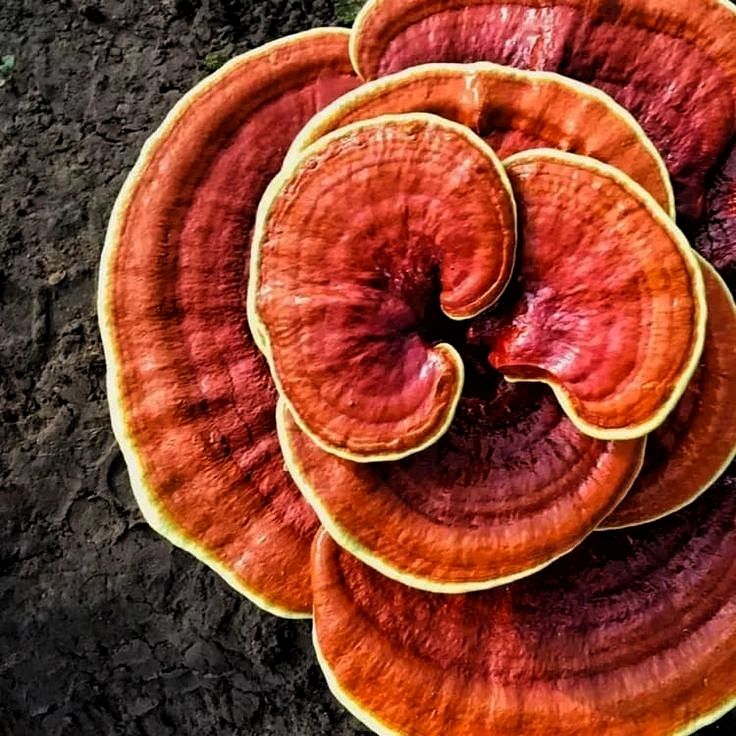

The Complete Guide to Reishi Mushroom: Uses, Benefits, and What Science Says
Reishi mushroom, also known by its scientific name Ganoderma lucidum, has been used in traditional medicine for over two thousand years. Often referred to as the "mushroom of immortality" in ancient Eastern texts, it holds a special place in herbal practices across Asia, particularly Traditional Chinese Medicine. Today, modern research continues to validate many of its historical uses, making it a popular ingredient in wellness supplements and adaptogenic blends.
In this article, we explore everything you need to know about Reishi mushroom, from its roots in herbal medicine to the modern science behind its benefits.
What is Reishi Mushroom
Reishi mushroom is a type of fungus that grows in hot and humid locations in Asia. In Traditional Chinese Medicine, it is categorized under “substances that calm the spirit.” It is traditionally used to treat symptoms like insomnia, forgetfulness, and mental restlessness. The fruiting body of the mushroom, mycelium, and even cultured mycelium are all considered beneficial.
Reishi contains several active compounds including triterpenoids, polysaccharides, and peptidoglycans, all of which are believed to contribute to its potential health benefits.
Historical Use of Reishi Mushroom
The earliest records of Reishi use appear in the Classic of the Materia Medica, written during the Eastern Han Dynasty in China. It has long been used to replenish energy, support heart health, strengthen memory, and offer antiaging benefits. Art and culture have long reflected the reverence held for this mushroom, with images of Reishi appearing in ancient paintings, carvings, and other cultural artifacts.
Approved Health Claims and Dosage
According to Health Canada, Reishi mushroom can be used for the following permitted health claims:
-
Provides antioxidants
-
Used in Herbal Medicine as an adaptogen to help increase energy and resistance to stress in cases of mental and physical fatigue
The recommended dosage for standardized non-ethanolic extracts is 1.5 to 6 grams of dried Reishi mushroom per day. This dosage should not exceed 40 percent polysaccharides for optimal safety and effectiveness.
Scientific Support and Mechanisms
Several animal and in vitro studies support Reishi’s traditional uses, particularly for mood and stress support.
One study demonstrated the anxiolytic-like effects of an ethanol extract of Reishi in mice. The mushroom increased the time spent in open areas during anxiety tests, suggesting a calming or anxiety-reducing effect that may be comparable to pharmaceutical interventions like diazepam.
In another study, lucidone D, a terpene found in the ethanol extract of the mushroom, showed significant antiinflammatory and sedative effects. It helped inhibit inflammatory markers such as TNF alpha and IL six while also demonstrating analgesic effects in mice.
A third area of scientific interest is the mushroom’s sedative and sleep-promoting properties. Some studies suggest that Reishi may influence sleep quality by calming the nervous system. This may be attributed to its triterpenoid content, which appears to have mild sedative effects.
Reishi as an Adaptogen
Adaptogens are natural substances believed to help the body resist stressors of all kinds, whether physical, chemical, or biological. Reishi qualifies as an adaptogen based on its ability to support energy levels and enhance resilience against stress, both mental and physical. These adaptogenic qualities are supported by its traditional use and substantiated by animal studies.
Health Canada recognizes Reishi mushroom as an approved adaptogen, suitable for use in helping the body adapt to stress. This further supports its role in modern wellness formulations.
Reishi and Antioxidant Support
Reishi is also recognized as a source of antioxidants. Antioxidants are molecules that help fight oxidative stress by neutralizing free radicals in the body. While the document does not elaborate extensively on the antioxidant profile of Reishi, its classification by Health Canada as a source of antioxidants suggests that its benefits may extend beyond stress and mood to cellular health and longevity.
Reishi for Sleep and Calm
Reishi’s role in promoting relaxation is another key area of focus. Traditional usage classifies it as a calming mushroom, and this is echoed in modern product formulations aimed at supporting sleep and relieving nervous tension.
Studies using ethanol and water-alcohol extracts have demonstrated that Reishi can influence behaviors associated with calmness and rest. In one such study, mice given Reishi showed behaviors indicative of reduced anxiety and increased sedation. This aligns with its historical use for insomnia and restlessness.
How Reishi Works in the Body
Reishi’s effects are believed to stem from multiple active compounds. Triterpenoids may contribute to its sedative and antiinflammatory effects. Polysaccharides have been linked to immune modulation and antioxidant properties. These compounds work through various pathways to support the nervous system and stress response.
Although most of the clinical studies cited are animal-based, the consistency of findings across studies adds weight to the argument for Reishi’s calming, antioxidant, and adaptogenic effects.
Reishi in Modern Wellness Products
Reishi is now widely used in powdered drink mixes, capsules, and tinctures. In Space And Time’s Relax blend, for example, Reishi is included alongside other calming ingredients like linden flower and magnesium. The product is designed to promote relaxation, support the nervous system, and improve sleep quality. The blend includes 1500 milligrams equivalent of Reishi extract per serving, which meets the minimum dose recommended by Health Canada for its claimed benefits.
This thoughtful formulation reflects the growing trend of combining traditional herbs with modern science to create comprehensive wellness solutions.
Safety and Precautions
Reishi is generally considered safe for use by healthy adults when used within the recommended dosage. However, it should be avoided by individuals who are allergic to mushrooms.
As with any supplement, those with medical conditions, including kidney disease, or those who are pregnant or taking medication, should consult a qualified health professional before use.
It is also worth noting that excessive intake of Reishi or combining it with other sedative herbs may lead to drowsiness. Because of its blood pressure lowering effects, it should be used with caution in individuals taking antihypertensive medications.
Conclusion
Reishi mushroom has a rich history of use as a calming, adaptogenic herb that supports the nervous system and helps the body cope with stress. Modern research confirms many of its traditional uses, especially its role in promoting relaxation, reducing anxiety, and providing antioxidant support.
Today, Reishi is a key ingredient in many functional wellness blends, valued for both its efficacy and its long-standing safety profile. Whether used for sleep, stress, or overall mood balance, Reishi remains a valuable and versatile herbal ally.
If you are seeking natural support for calm and resilience in your daily life, Reishi may offer the benefits you are looking for, rooted in history and backed by modern science.
